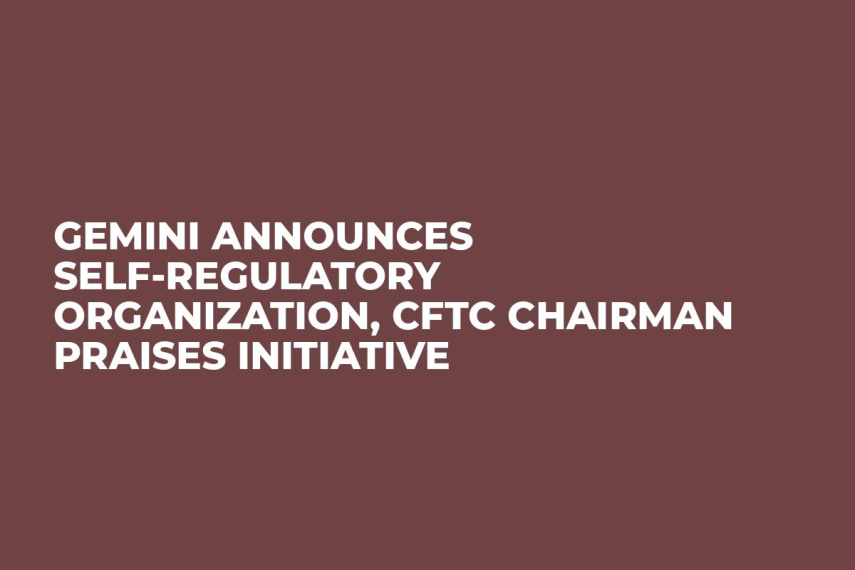
Gemini, the US-based cryptocurrency exchange founded by twins Cameron and Tyler Winklevoss, has announced the creation of a self-regulatory organization (SRO) called the Virtual Commodity Association (VCA). The VCA’s stated purpose is to:
“Foster financially sound, responsible, and innovative virtual commodity markets through a system of industry-sponsored standards, sound practices, and oversight that promotes price discovery, efficiency, and transparency."
“Incentivize the detection and deterrence of manipulative and fraudulent acts and practices, including partnering with regulators and particularly the CFTC to share or refer information, as appropriate."
“Require member firms to commit in writing, upon joining VCA, to operating their virtual commodity markets in compliance with Sound Practices, described below; and provide sanctions based accountability program to compel ongoing member compliance.”
Regulator’s praises
The Chairman of the Commodities Futures Trading Commission (CFTC), the regulator in charge of US commodities markets, praised the initiative, writing:
“I congratulate Cameron and Tyler Winklevoss on their energetic leadership and thoughtful approach in outlining a virtual commodity self-regulatory organization (SRO) concept. Ultimately, a virtual commodity SRO [has] the strongest ability to discover, reveal, and punish wrongdoing [and] will add the most integrity to these markets.”
Self-regulation
Regulation of digital currency is a hot topic these days. Many who consider themselves “purists” oppose any regulation on ideological grounds. Others are more pragmatic, accepting that regulation is inevitable but fearing that clueless regulators might insist on standards that can’t be met.
Self-regulation is a solution to the latter. If a self-regulatory organization demonstrates success regulating its industry, government regulators need not step in with additional, potentially onerous, rules. If the cryptocurrency industry in the US, through the VCA or another self-regulatory body, proves capable of regulating themselves, then calls for additional regulation at the federal level may die down.
 Alex Dovbnya
Alex Dovbnya Denys Serhiichuk
Denys Serhiichuk Gamza Khanzadaev
Gamza Khanzadaev Tomiwabold Olajide
Tomiwabold Olajide